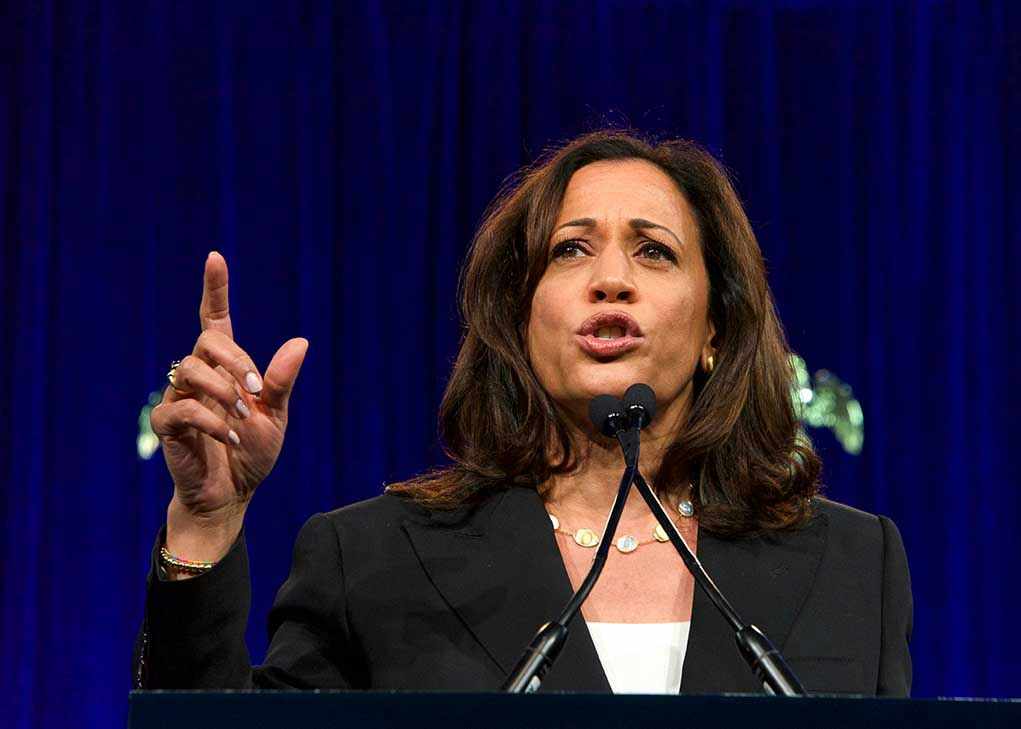
Kamala Harris’s memoir reveals startling claims of betrayal by Biden’s staff, raising questions about internal White House dynamics and media narratives.
Story Highlights
- Kamala Harris accuses Biden’s team of undermining her during her vice presidency.
- Her memoir “107 Days” claims staff fueled negative narratives about her.
- The White House communications team allegedly failed to support Harris.
- Harris’s allegations could impact future political strategies and her legacy.
Harris’s Allegations of Undermining
In her newly released memoir, “107 Days,” Kamala Harris accuses President Biden’s staff of actively contributing to negative narratives about her during her vice presidency and 2024 presidential campaign. The memoir highlights specific incidents, such as the focus on her alleged “French accent” during a diplomatic trip to France in 2021, rather than on her diplomatic achievements. Harris argues that the staff’s actions and inactions significantly damaged her public image.
Kamala Comes Out Swinging At Team Biden In New Book https://t.co/PnsHY5eHlx via @dailycaller
— Harry (@harrytpk) September 10, 2025
The memoir details persistent negative media coverage from 2021 to 2024, focusing on alleged dysfunction within Harris’s office. According to Harris, the White House communications team, led by Karine Jean-Pierre, failed to defend her from these narratives, thereby exacerbating the situation. This lack of support, Harris claims, contributed to her unsuccessful 2024 presidential bid. The allegations underscore the impact of internal dynamics on high-profile political figures.
Historical Context and Dynamics
The role of the vice president has historically been fraught with challenges, often involving ambiguous responsibilities and intense scrutiny. Harris’s tenure was no exception, as she was assigned politically sensitive issues like immigration. The intense media focus on her office’s alleged dysfunction, often fueled by anonymous White House sources, further complicated her position. This situation reflects a recurring pattern in American politics, where vice presidents, such as Al Gore and Mike Pence, have faced similar challenges from within the administration.
Harris’s accusations shine a light on the power dynamics within the White House. As a potential successor to Biden, Harris’s relationship with the president’s staff was inherently complex. The communications team wielded significant influence over public narratives, often leaving Harris vulnerable to negative portrayals. This internal conflict highlights the broader issues of media management and the role of presidential staff in shaping public perceptions.
Implications and Expert Perspectives
Harris’s memoir has reignited discussions about the internal workings of the White House and the treatment of vice presidents. In the short term, the Biden administration faces potential embarrassment and increased media scrutiny over its handling of Harris’s image. Long-term implications could include changes in how future administrations support vice presidents and manage internal communications. This case may influence Harris’s legacy and political prospects, as well as voter perceptions ahead of future elections.
Experts suggest that Harris’s situation reflects broader issues within political communications, including the risks of internal leaks and the challenges of maintaining unified messaging. Some commentators argue that Harris’s complaints also highlight issues of gender and racial bias in media coverage. Overall, the revelations in her memoir underscore the need for political figures to proactively manage their public image in an era of 24-hour news cycles and social media.
Sources:
Fox News coverage of Kamala Harris’s memoir and her allegations regarding the president’s staff




